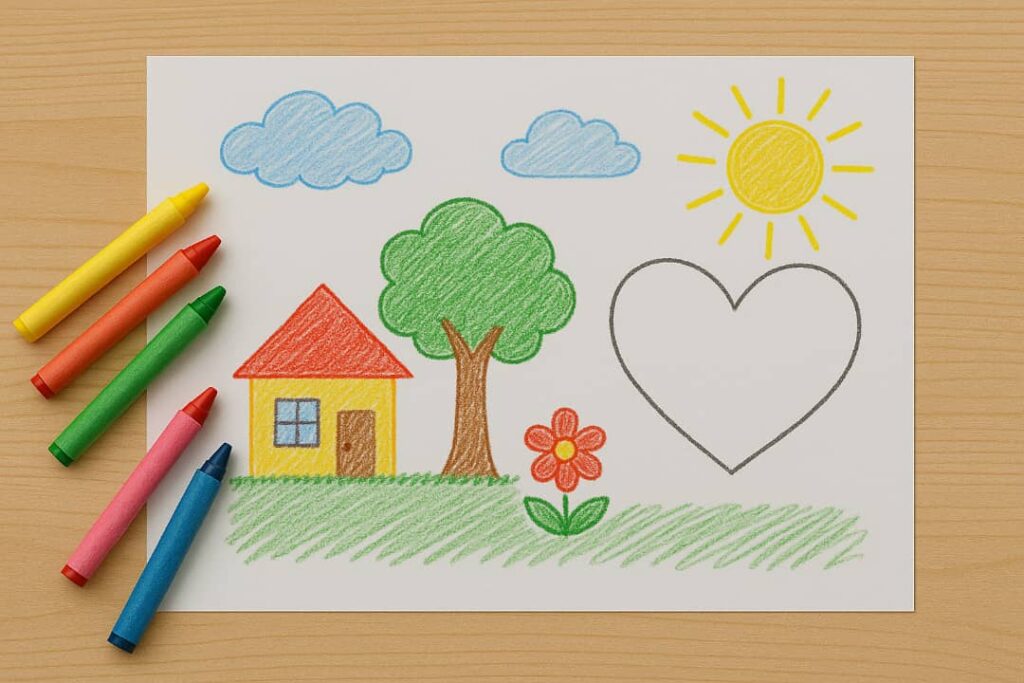
I still recall sitting in my therapist’s office, staring blankly when she asked what comfort looked like in my childhood home. Childhood emotional neglect leaves invisible scars. Find out how to recognize the signs and begin healing those unseen wounds. The silence stretched as I realized I couldn’t recall a single instance of emotional reassurance. That moment cracked open a truth I’d carried unknowingly – I’d grown up in a house where feelings went unfed, though all other needs were met.
The Empty Space Where Emotions Should Live
Emotional neglect is the ghost of childhood trauma – defined not by what happened, but by what never did. It’s the untouched bruises after a fall because “tough kids don’t cry.” The straight-A report card that earned a signature but never a “Tell me what you’re proud of.” The birthday party where everyone sang but nobody asked what kind of cake you really wanted.
I see this shadow in my client Daniel, a brilliant engineer who can troubleshoot complex systems but freezes when his wife asks how he’s feeling. His childhood photos show Christmases with piled gifts and summer vacations at the beach – all the outward markers of care. Yet he describes growing up “like a houseplant – watered and sunned, but never spoken to.” His parents provided everything except the essential nutrients of emotional oxygen: curiosity about his inner world, mirroring of his feelings, or space to express needs beyond the physical.
This invisible deprivation leaves children fluent in caretaking others but illiterate in their own emotional language. They become adults who can describe yesterday’s weather in detail but draw blanks when asked “How did that make you feel?” The neglect isn’t dramatic enough to point to – no bruises, no empty fridge – just a quiet ache where emotional connection should have been.
How Emotional Blindness Gets Passed Down
The roots often stretch back generations. Many emotionally neglectful parents aren’t cruel – they’re simply repeating what they know. I worked with a mother who criticized her daughter for “overreacting” to a friendship fallout until we traced the pattern: her own childhood tears had been met with “I’ll give you something to cry about.” She’d learned to equate emotional expression with shame, and unintentionally taught her daughter the same.
Other causes hide in plain sight. The depressed parent may be too drained to notice a child’s emotional cues, while the workaholic household might replace connection with achievement. Even “perfect” families can prioritize appearances over authenticity. One father I counseled, a kind man working three jobs, broke down realizing his financial provision had come at the cost of emotional presence. “I thought keeping the lights on was love,” he said. “I didn’t know my silence was starving them.”
The Body Remembers What the Mind Forgets

Neglect survivors often develop physical manifestations of their emotional hunger. My client Sarah came in complaining of chronic neck pain, only to discover she’d been tensing for decades against the urge to cry. Another developed insomnia after realizing nighttime was the only hour her childhood self felt safe to feel anything.
Therapy for emotional neglect isn’t about blaming parents, but about finally feeding the starved parts of ourselves. We work on building emotional vocabulary as if learning a foreign language. We practice self-attunement through simple questions: “What do I need right now?” becomes revolutionary for those never asked.
Healing begins when we recognize that emotional neglect, however unintentional, leaves real wounds – and that those wounds can mend when we finally give them the attention they’ve always deserved.
References
Blue Knot Foundation. (n.d.). Understanding emotional neglect. https://blueknot.org.au/newsletters/understanding-emotional-neglect/
Medical News Today. (2024). Childhood emotional neglect: Signs, effects, and how to heal. https://www.medicalnewstoday.com/articles/childhood-emotional-neglect
Healthline Media. (2024). Childhood emotional neglect: What it is, and how it can affect you. https://www.healthline.com/health/mental-health/childhood-emotional-neglect
